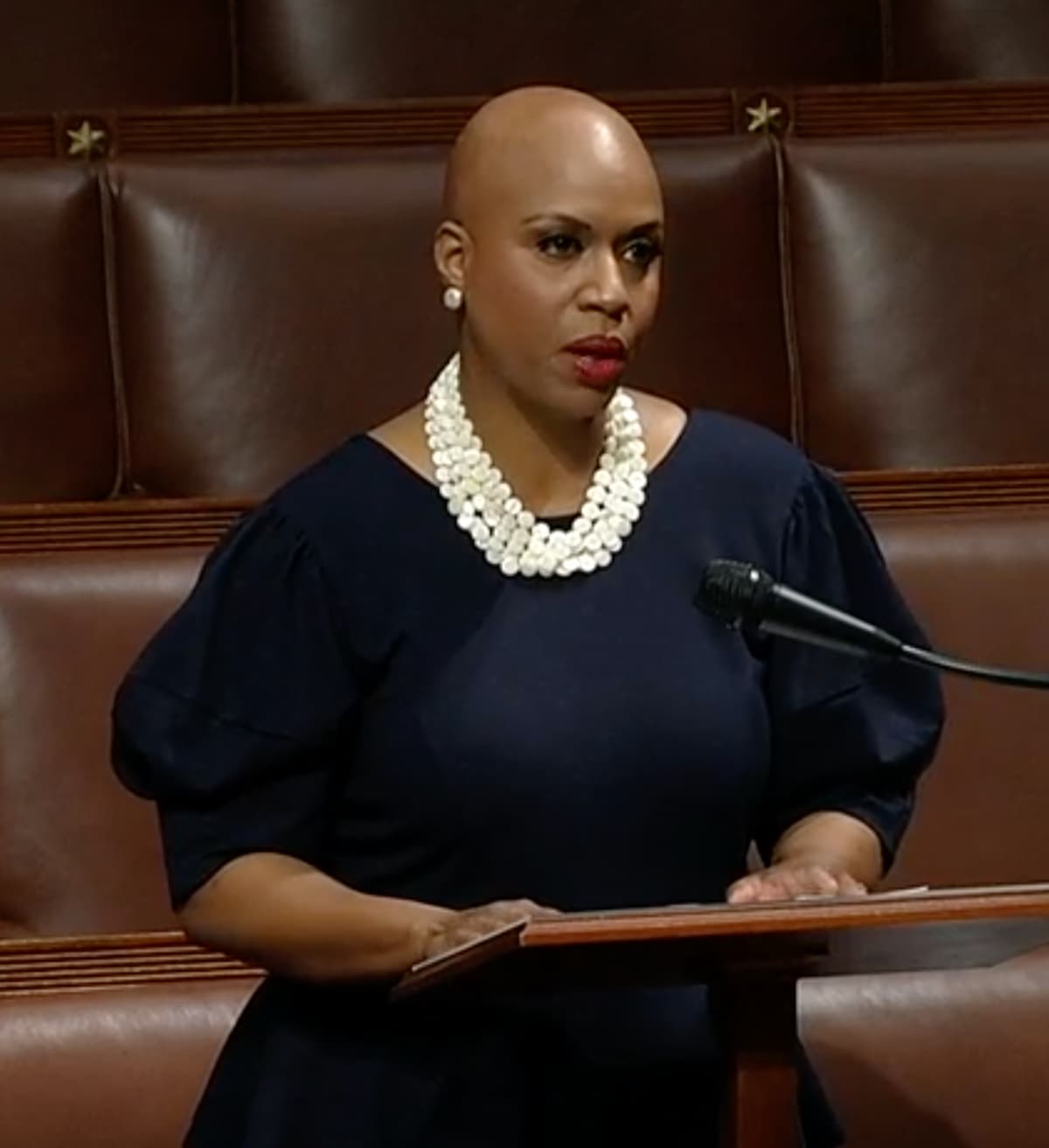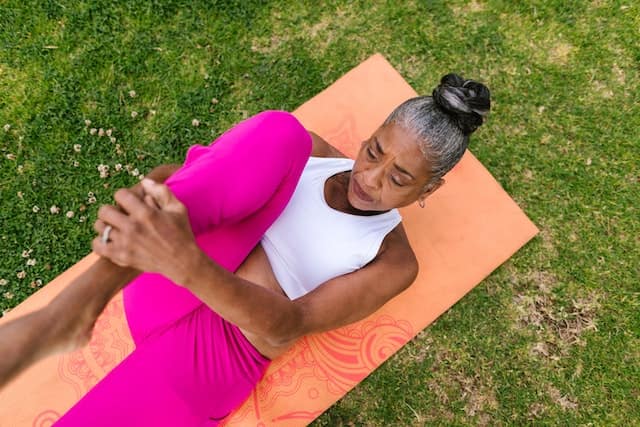Hair is more than just strands on our heads; it symbolizes identity, culture, and beauty. Yet, for many black women, maintaining healthy hair can be challenging. According to reports, alopecia, or hair loss, is a pressing issue in this community, affecting a significant portion of the population.
But worry not. We’ll explore alopecia and how to treat it in black females. By understanding the causes, and effective treatment options will help you regain lost locks, confidence, and self-esteem that may have been misplaced along the way.
Become an insider. Subscribe to our newsletter for more top trending stories like this!
Join our Spotcovery Global Black Community Facebook Group for early access to exclusive content and to share in a lively discussion.
Overview of Alopecia
Alopecia is a medical term that describes hair loss. It’s not a single condition but rather a broad category encompassing various types of hair loss, each with its unique characteristics, causes, and patterns.
Below are the common types of Alopecia:
Alopecia Areata
This is an autoimmune condition where the immune system mistakenly attacks hair follicles, leading to hair loss in small, round patches on the scalp or elsewhere on the body. It can occur suddenly and may be reversible in some cases. To learn more about Alopecia Areata and its treatment, get a book on Amazon.
Androgenetic Alopecia (AGA)
This is the most common type of hair loss, often called male or female pattern baldness. It tends to run in families, and genetics and hormones influence it. In males, it typically results in a receding hairline and balding on the crown, while in females, it leads to diffuse hair thinning.
Traction Alopecia
Excessive pulling or tension on the hair causes hair loss, often due to tight hairstyles like braids, cornrows, or extensions. It’s common among individuals who wear these styles regularly and can result in thinning or bald patches.
Telogen Effluvium
A significant physical or emotional stressor, illness, or hormonal changes cause this temporary hair loss condition. It leads to a sudden hair shedding, typically a few months after the triggering event.
Central Centrifugal Cicatricial Alopecia (CCCA)
This type of alopecia primarily affects black women and is characterized by scarring and permanent hair loss that starts at the center of the scalp and radiates outward. It’s often linked to tight hairstyles and harsh hair products.
People Also Read: 10 Amazing Ways to Style Long Black Hair
Alopecia Treatment Options for Black Women
Treating alopecia in black females requires a tailored approach considering the specific type of hair loss and individual factors. Here are a few effective treatment options to address this concern:
Topical Treatments
For black females with alopecia, topical treatments offer accessible and practical options to address hair loss.
Minoxidil is one of the most recognized and widely used topical treatments for female-pattern hair loss. Available over-the-counter, it comes in various forms, such as foams and solutions.
When applied directly to the scalp, it dilates blood vessels in the hair follicles, potentially increasing hair growth and thickness. It’s essential to apply it consistently and follow the instructions provided on the product packaging. You can find Minoxidil on Amazon if you would want to learn about it.
In some cases, dermatologists may prescribe more potent topical medications for specific types of hair loss. These prescription formulations may contain higher concentrations of active ingredients, and a healthcare professional should supervise their use.
Besides minoxidil, several hair growth serums and solutions cater to women experiencing hair loss. These products often incorporate biotin, caffeine, and botanical extracts to nourish hair follicles and promote growth. While these can be purchased without a prescription, choosing hair products from reputable brands is essential.
Hormone Replacement Therapy (HRT)
This is a treatment option primarily considered for postmenopausal women who experience hair loss due to hormonal changes. Menopause is a significant life transition for females, marked by decreased estrogen and progesterone levels. These hormonal shifts can affect the body, including hair loss or thinning.
HRT involves the use of medication that contains synthetic hormones like estrogen to supplement the declining levels of these hormones in the body during and after menopause. One of the potential benefits of HRT is its ability to mitigate hair loss caused by hormonal imbalances.
Become an insider. Subscribe to our newsletter for more top trending stories like this!
Estrogen, in particular, plays a protective role in hair health. It can help maintain the hair’s growth phase, resulting in thicker and more resilient hair.
One of the potential benefits of HRT is its ability to mitigate hair loss caused by hormonal imbalances. Estrogen, in particular, plays a protective role in hair health. It can help maintain the hair’s growth phase, resulting in thicker and more resilient hair.
A healthcare professional prescribes HRT, and is available in various forms, including pills, patches, creams, and gels. The choice of medication and delivery method will depend on individual factors and preferences.
People Also Read: 10 Best Black Hair Color Ideas for African Women
Corticosteroid Treatments
Corticosteroid treatments are most commonly used to address conditions like alopecia areata and other scarring or inflammatory hair loss. These conditions involve an autoimmune response where the immune system mistakenly attacks hair follicles. Corticosteroids help suppress this immune response and reduce inflammation.
These treatments can be administered in various ways, depending on the severity and location of the hair loss. Common methods include topical creams or ointments, injections into the scalp, or oral medications. The choice of administration method is determined by a healthcare provider based on the specific condition being treated.
Lifestyle and Nutritional Changes
A diet rich in essential nutrients is vital for hair health. Ensure you consume foods that provide vitamins, minerals, and proteins necessary for hair growth. Incorporate lean proteins, leafy greens, whole grains, fruits, and vegetables into your meals.
Biotin, a B vitamin, supports healthy hair and can be found in foods like eggs, nuts, and sweet potatoes. Supplements may be considered if your diet lacks adequate biotin. Omega-3 fatty acids in fatty fish (like salmon and mackerel) and flaxseeds can help reduce inflammation and improve hair health.
Chronic stress can also contribute to hair loss. Practice stress-reduction techniques such as meditation, yoga, deep breathing exercises, or regular physical activity to help manage stress levels.
Also, hairstyles that exert constant tension on the hair, such as tight braids, ponytails, or extensions, can lead to traction alopecia. Opt for looser hairstyles that reduce stress on the hair follicles.
Excessive use of heat-styling tools like flat irons and hair dryers can damage hair and make it more susceptible to breakage. Use heat protectants and minimize heat exposure.
Sun exposure and harsh weather conditions can damage hair. Use protective measures such as wearing hats or scarves when exposed to sunlight and covering hair during extreme weather.
Hair, a symbol of identity and beauty, holds immense cultural significance in the African community. Yet, the issue of hair loss affects black females profoundly. However, following the information shared here, you can fight hair loss and regain confidence. You can find good hair loss remedies on Amazon.
People Also Read: 10 Common Problems With Black Hair and Their Solutions
Nearly 80% of consumers visit directories with reviews to find a local business. List your business for free in our exclusive Spotcovery Black-Owned Business Directory.
Spotcovery offers unique and fresh daily content on Black culture, lifestyle, and experiences. We talk about everything black, black people, black-owned and black-owned businesses. We also deliver authentic and relevant content that will inform, inspire and empower you! The future of black media is critical to today’s black experience! Our primary audience includes African Americans, Africans, Afro-Caribbean, and people of African heritage. Black culture is for the culture!
Become an insider. Subscribe to our newsletter for more top trending stories like this!





